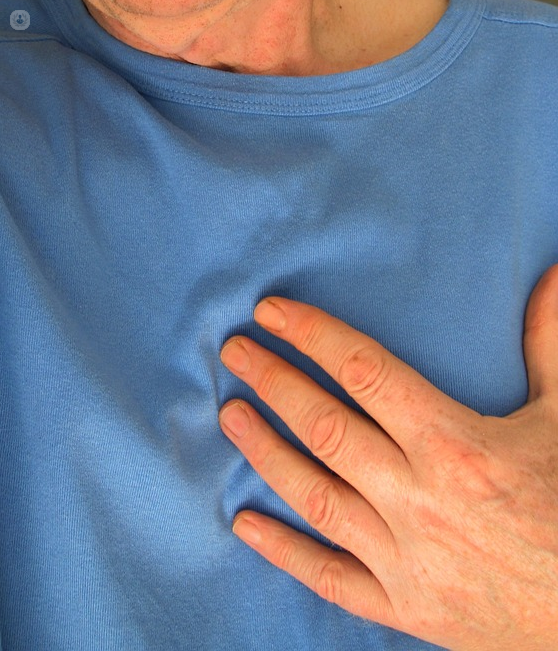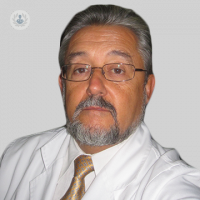How arrhythmia originates
Written by:The heart should beat between 50 and 100 times per minute. Sometimes it accelerates and climbs to more than 100p / min, under stress or during sports. However, if there are dizziness, insecurity or loss of consciousness should consult a specialist, because it can be an arrhythmia.

The activity of the heart is something that should be overlooked for us, just as we did not notice the kidneys work and do so continuously, day and night.
Heart function
The heart beats continuously between 50 and 100 times per minute (at rest, during sleep, can drop to 40 p / min and with exercise, up to almost 200 p / min), without necessarily notice it: the effort After a race, we can see the rapid heartbeat, which will fall gradually.
However, according to experts in cardiology , there are times when, either because the pulses lose their characteristics of rhythmicity, either because the amount and / or quality changes, we note sensations sometimes difficult to express.
Symptoms and manifestation of tachycardia and arrhythmia
Most often, possibly, is the perception of "tipping" in the chest, which can be accompanied by transient faults in the pulse wave (palpating the radial or carotid). They are usually caused by "premature" premature beats (headphones, union or ventricular) that cause early and ineffective contraction, and after a pause of more than a second, is still a heartbeat that pumps twice usual and we "shaken" by his momentum. The records of electrocardiogram (ECG) baseline and 24 hours (Holter) help document these phenomena, usually benign in the absence of structural heart disease.
Sometimes we notice that, at rest, the heart soars and reaches not appropriate to the activity of the moment frequencies: Many times these palpitations (beats above 100 p / min) begin and end abruptly, sometimes accompanied by feeling severe neck and urination at the end of the episode heartbeat: usually supraventricular tachycardia, often by "re-entry" (existence of power grids in the heart that allow the emergence of shorts), some easily identifiable ECG (pre-excitation syndromes, WPW type, Wolf-Parkinson-White).
Frequency and identification of an arrhythmia
Over the years, from 60, it is increasingly frequent occurrence of rapid or irregular heartbeat, as if the heart is going crazy, because of the "atrial fibrillation" and often, with sporadic appearance Return to normal within a few seconds or minutes.
It is important in all these pictures try to quantify how many beats per minute there, and whether or not rhythmic. Measuring equipment Blood Pressure often can help, they indicate the pulsations and may indicate the existence of arrhythmia. When accompanied by dizziness, insecurity, a feeling of actual or potential loss of consciousness (syncope), they are more alarming.
Finally, the less frequent (but more dangerous) are associated with structural heart disease, acute or chronic myocardial: to touches over 100 p / min at rest, whenever possible, you should go to a hospital where perform an ECG without delay.
Causes and treatment of an arrhythmia
Although "rollover" for premature beats are strongly associated with stress, so prevalent today, you should always consult and perform an ECG and a scan to rule out heart disease.
Fortunately all of these situations can be treated and corrected either by drugs or by means of electrophysiological studies and application of radiofrequency (ablation). In other cases they may justify the initiation of preventive treatment with anticoagulants to prevent strokes.


